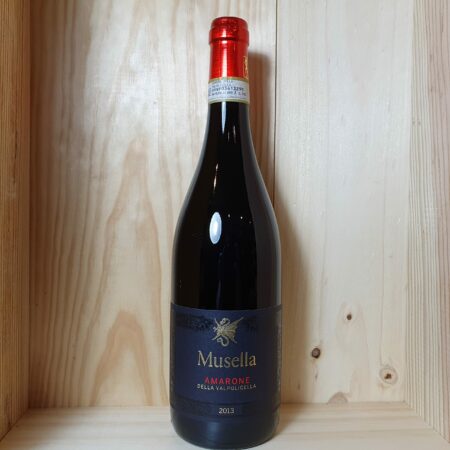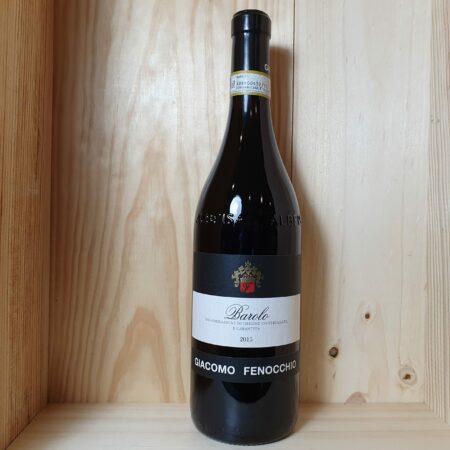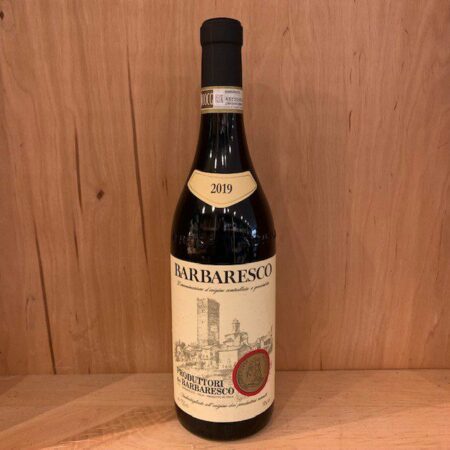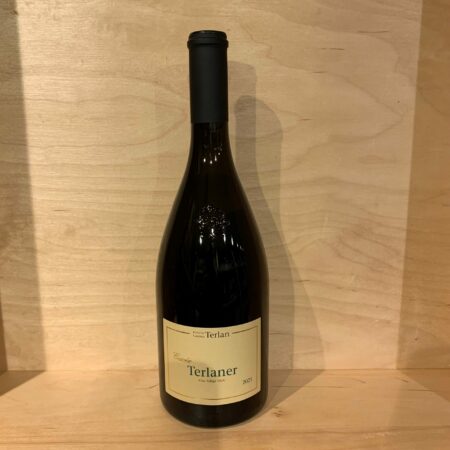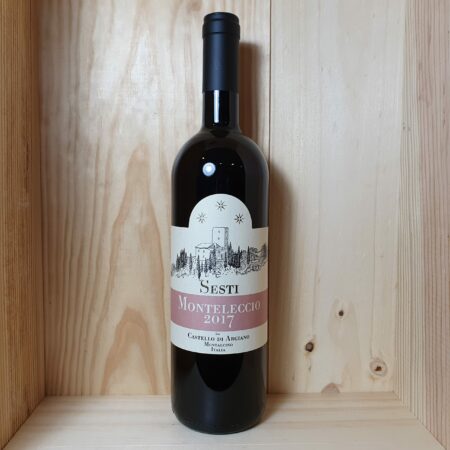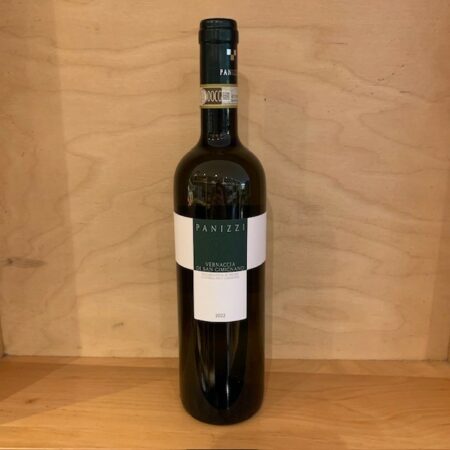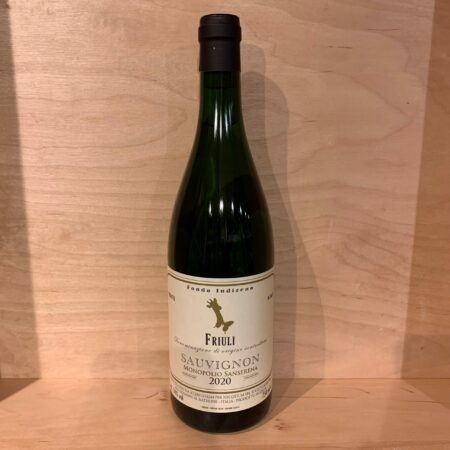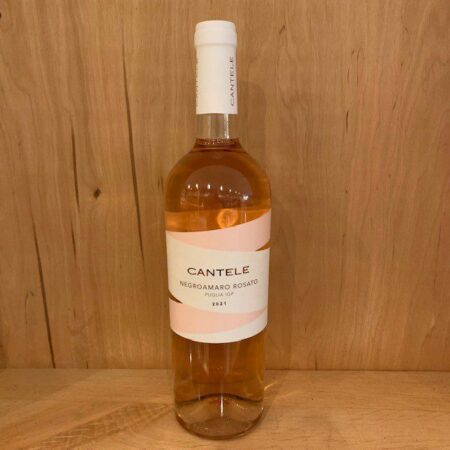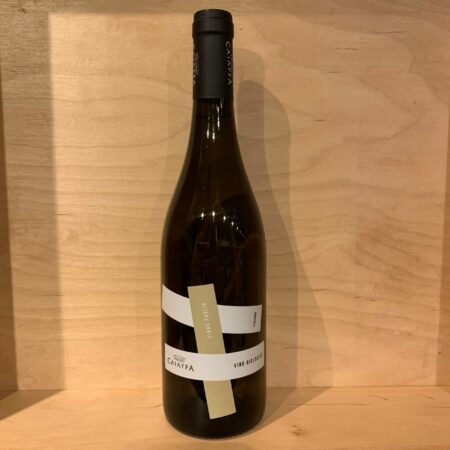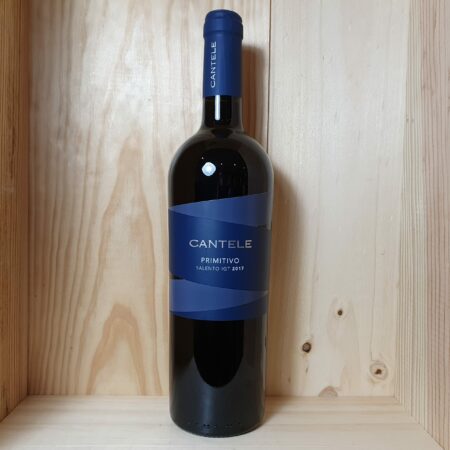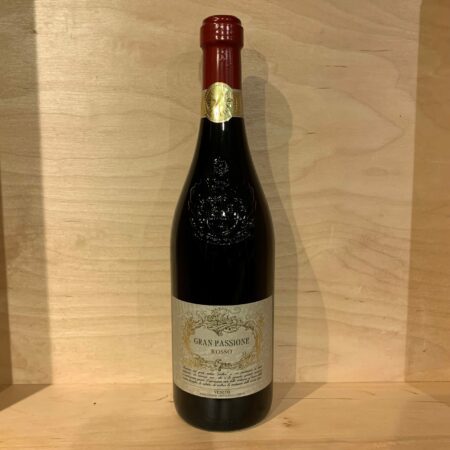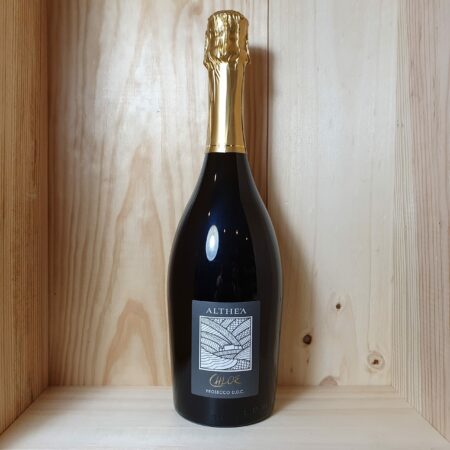Amarone, Musella
Terlaner Cuvee, Cantine Terlano
Cantina Terlano is well known in Italian wine drinking circles for producing Italy’s longest lived white wines. Many memorable wines from the 1950s and 1960s, which rank amongst the greatest white wines of the world, were made here.
Located in the heart of the Terlan wine-growing region and founded in 1893, it is one of the oldest Alto Adige cooperatives. At that time, 24 growers set themselves the goal of joint production and sales marketing. Recognition and prosperity blossomed from there. Today Terlano has approximately 100 members, it farms 150 hectares and has an annual production of roughly 1.2 million bottles.
Under the expert eye of winemaker Rudi Kofler, the wines are sold and marketed according to three different quality categories. Furthermore, special older vintages have been stored in the valuable 'vinotheque', so that today roughly 12,000 bottles from 1955 to the present day are stored and some date back to even earlier days. This wine collection of older vintages is absolutely unique in Italy and proves that Terlano’s wines are able to age harmoniously for decades.
Brilliant pale yellow colour with green nuances. On the nose green apple and white peach combine with fine nuances of lemon balm and mint to create the typical aroma of the classic Terlano. On the palate the peach is very strong, too, lending the Terlano its lively but at the same time very mellow character. The multifaceted, well structured flavor derives from an interplay of freshness and minerality and also has a wonderfully persistent finish.
Great now, but this wine will gain richness and complexity with ageing. A perfect match for grilled fish and asparagus but this very food-friendly wine is remarkably versatile and can stand up to strongly flavoured dishes.
Monteleccio, Sesti
Vernaccia di San Gimignano, Panizzi
Friuli Sauvignon, Fondo Indizeno
Negroamaro Rosato, Cantele, Puglia
Fiano, Caiaffa
Caiaffa works to the principle of synergistic agriculture. They believe that nature is man's greatest collaborator, and that nature maintains balance. Certified organic, they do not use insecticides or pesticides in order to encourage a balanced ecosystem and work at one with nature.
They are especially protective of the insects which live on and around their vines; they work in harmony with them and have established a symbiotic relationship in which both parties benefit. For the bugs make it possible for micro-oxygenation and provide the means for nutrients needed to make passage through the soil. This is reflective in their branding and their packaging.Caiaffa is located in Cerignola, a coastal town in the beautiful Tavoliere delle Puglie, northern Puglia. The Tavoliere area was once completely submerged in sea water, which has influenced a very special climate, in abundance of flora and fauna. The soils here are rich in limestone and the vines benefit from the mild Mediterranean weather. Through these wines, you can truly taste the authentic flavour of the land.
A lively and fresh white wine, with delicate flavours and aromas of ripe citrus fruit, stone fruits and white flowers. Great acidity and well balanced with a lovely long finish.
A great aperitif wine or perfect with salads, asparagus or light fish and shellfish dishes.
